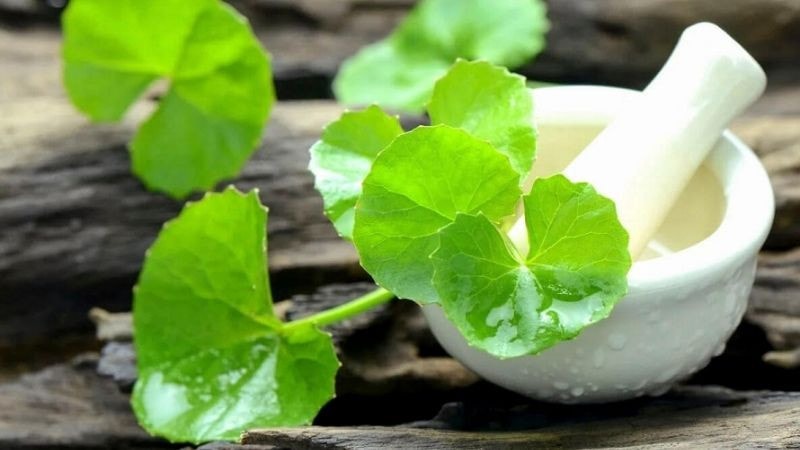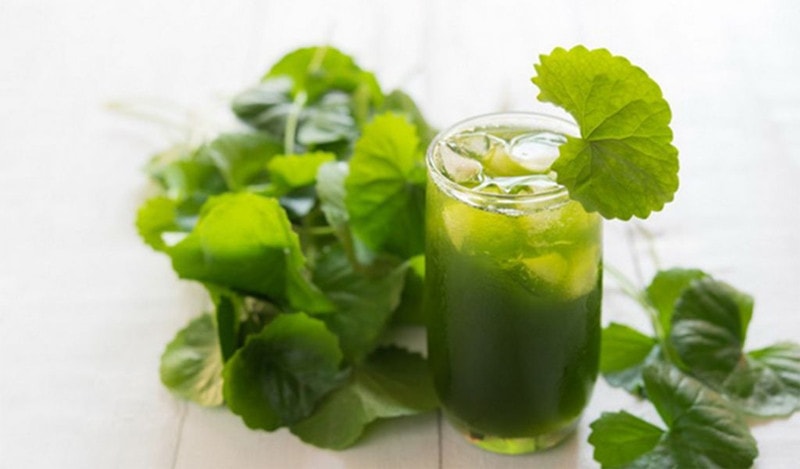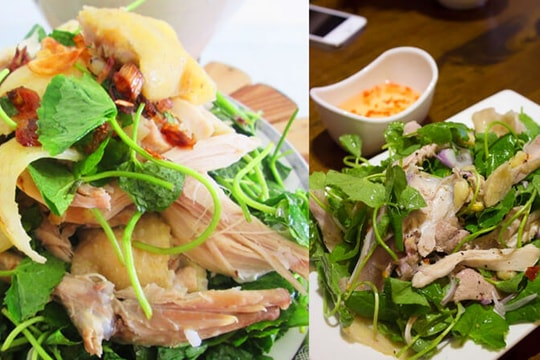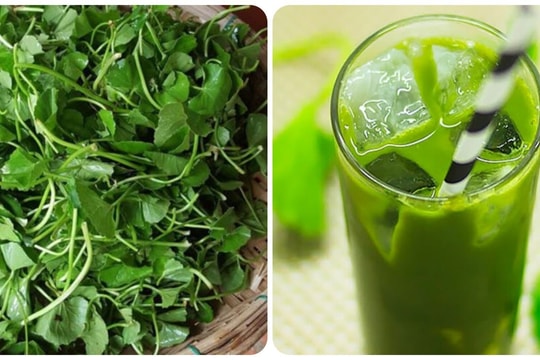Wild vegetable in Vietnam is praised as 'fountain of youth'
Gotu kola is widely used in both traditional and modern medicine to treat respiratory diseases, colds, and skin lesions.
Gotu kola, scientifically known as Centella asiatica, has been used to treat a variety of health conditions in India, China, and Indonesia. Asian healers used the herb to heal wounds, improve mood, and treat skin conditions such as leprosy and psoriasis.
Some people use gotu kola to treat respiratory infections, such as the common cold. In China, gotu kola is known as the “fountain of youth,” with legend stating that a herbalist lived for over 200 years using gotu kola.
Historically, gotu kola has also been claimed to treat syphilis, hepatitis, stomach ulcers, mental fatigue, epilepsy, diarrhea, fever, and asthma.
Nowadays, according toMount SinaiIn the United States and Europe, gotu kola is commonly used to treat varicose veins and chronic venous insufficiency, a condition that causes blood to pool in the legs. Gotu kola is found in ointments for psoriasis patients and to heal minor wounds.
Gotu kola can be processed into drinks, teas, dried herbs, capsules, tablets and ointments. The product should be stored in a cool, dry place.

Improves venous insufficiency and varicose veins
When blood vessels lose their elasticity, blood pools in the legs and fluid leaks out of the blood vessels. This causes the legs to swell (venous insufficiency). Several small studies have shown that gotu kola can reduce swelling and improve blood flow. In a study of 94 patients with venous insufficiency, those who took gotu kola had better symptoms than those who took a placebo. Another study of varicose veins found that people who took gotu kola had less leakage.
Heals wounds and skin damage
Gotu kola contains compounds called triterpenoids. In animal and laboratory studies, these compounds appear to help heal wounds. Triterpenoids boost antioxidants in the wound and increase blood flow to the area. Based on these findings, gotu kola has been applied to the skin or topically to treat minor burns, psoriasis, prevent post-surgical scarring, and reduce stretch marks. You can find gotu kola extract in many wound-healing creams.
Reduce scleroderma
A study in 13 women with scleroderma showed that gotu kola reduced joint pain, skin stiffness, and improved finger movement.

Recommendations
Asiaticoside, a component of gotu kola, has been linked to tumor growth in mouse studies. Anyone with a history of precancerous or cancerous skin lesions, such as squamous cell, basal cell, or melanoma, should not use gotu kola.
People with liver disease or taking medications that affect the liver should not use products related to this vegetable. Children under 18 years old are not recommended to use gotu kola. People over 65 years old should only use low doses.
Gotu kola rarely causes side effects but can lead to skin allergies and burning sensation when applied, headache, stomach upset, nausea, dizziness and drowsiness. These effects tend to occur with high doses.
Gotu kola can interact with some drugs related to diabetes, liver, cholesterol, and sedatives. Therefore, you should consult your doctor if you want to use gotu kola when you have the above health problems./.



